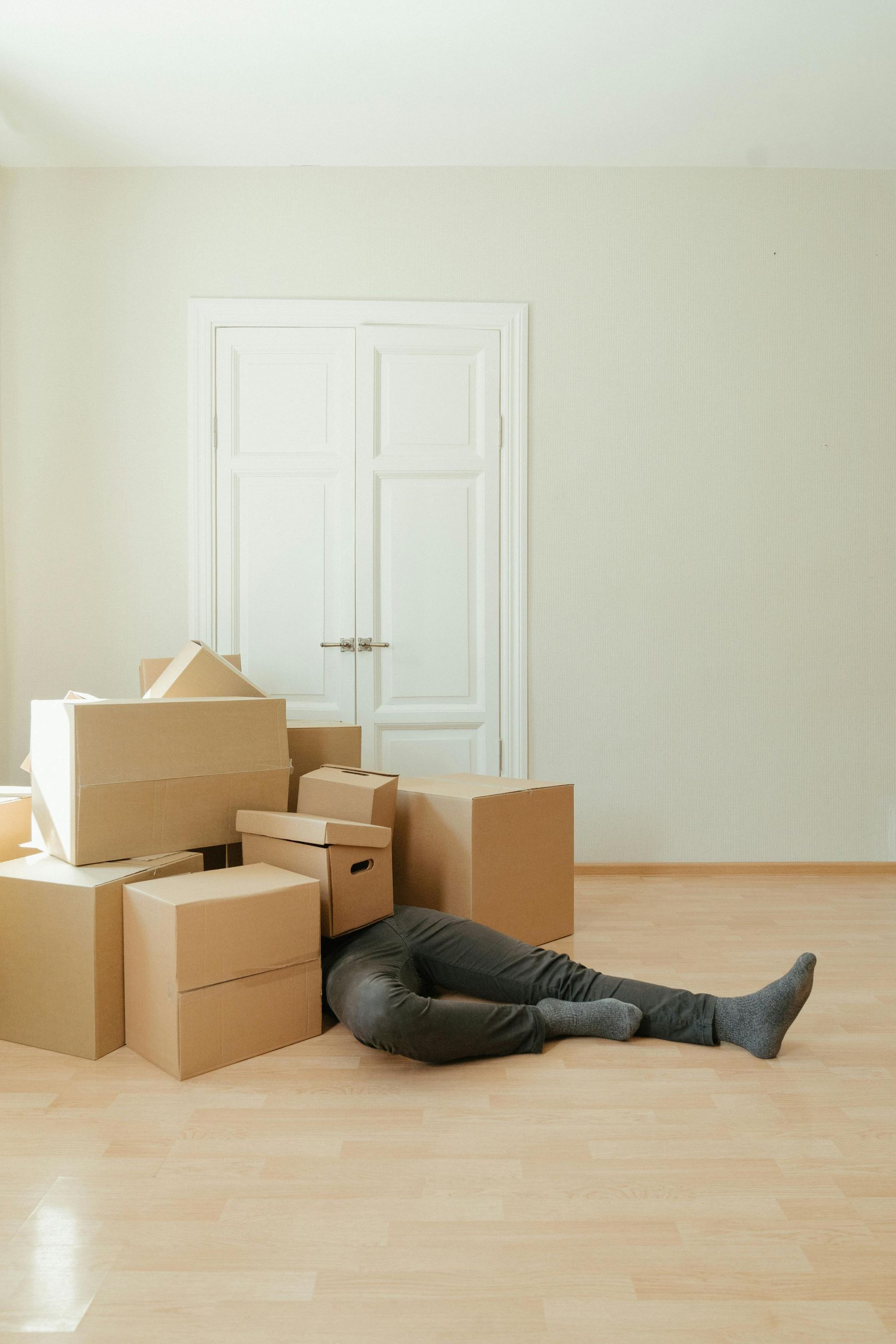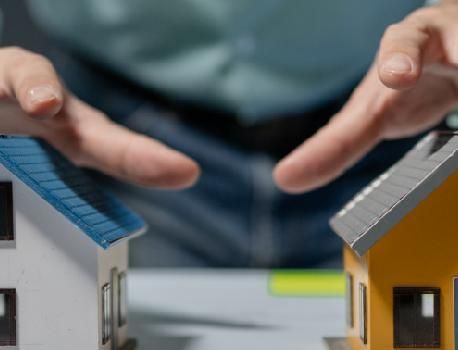7 Things I Wish I Knew When I Bought My First Home

Buying your first home is marked by anticipation and challenges. Navigating the intricacies of buying your first home can be overwhelming, especially without the proper guidance.
This blog will give practical insights to ensure a smoother experience in home buying information.
So, let's simplify the complexities of buying your first home and pave the way for a successful and informed decision-making process.
Key Takeaways
- Prioritize sticking to your budget when buying your first home to avoid financial strain.
- Conduct a thorough home inspection to uncover potential issues and make informed decisions regarding homebuying information.
- Neighborhood research is essential for ensuring a safe and comfortable living environment while buying your first home.
- Understand your mortgage basics and monitor fluctuating interest rates to make informed financial decisions.
- Regular maintenance and homeowners insurance are crucial for safeguarding your investment in your new home.
7 Things I Should Have Known Before Buying My First Home
Here are the seven things that you should know before buying your first home:
Budgeting Basics
When buying your first home, sticking to your budget is crucial. Ensure you stick to your financial plan, resisting any urge to exceed your limits. Be ready for possible surprises, such as hidden costs, that may arise, emphasizing the importance of preparedness.
Home Inspection Insights
Before finalizing your deal, it's better to inspect each aspect of the house. Discover potential issues by familiarizing yourself with what to look for, or opt for professional assistance for a more thorough and detailed analysis of your prospective property.
Neighborhood Research
It's essential to recognize that your new residence extends beyond the house - the neighborhood holds equal significance.
Mortgage Wisdom
Understand the basics of mortgage to avoid the complexity that revolves around the first-time home buyer. Equipping yourself with knowledge about your mortgage enables you to make informed decisions throughout the homebuying process.
Homeownership Responsibilities
Homeownership brings a set of responsibilities that should not be underestimated, such as regular maintenance to guarantee the longevity and well-being of your property.
Realistic Expectations
Release the notion of an elusive perfect home, recognizing that discovering the ideal residence is gradual. Understand that a perfect home myth is just that--an unrealistic ideal.
Wrapping Up!
In wrapping up, remember to carry these insights as you buy your first home. Drawing lessons from experiences can significantly enhance the overall process, making it more seamless and informed. Dedicate time to grasp the intricacies of home buying information, ensuring that your journey towards homeownership becomes smoother and more gratifying in the long run.
FAQs
What steps can I take to ensure a safe and comfortable living environment?
Researching the neighborhood's safety, understanding local amenities, and considering future developments in the area contribute to creating a secure and pleasant living environment.
How does having an emergency fund contribute to the homebuying process?
An emergency fund adds an extra layer of financial security, helping you cope with unexpected expenses that may arise during the homebuying process.
Can I make changes or renovations to my new home immediately after purchase?
Yes, you can make changes, but it's advisable to prioritize necessary renovations first. Assess the property's condition and address any critical issues before moving on to cosmetic enhancements.


















